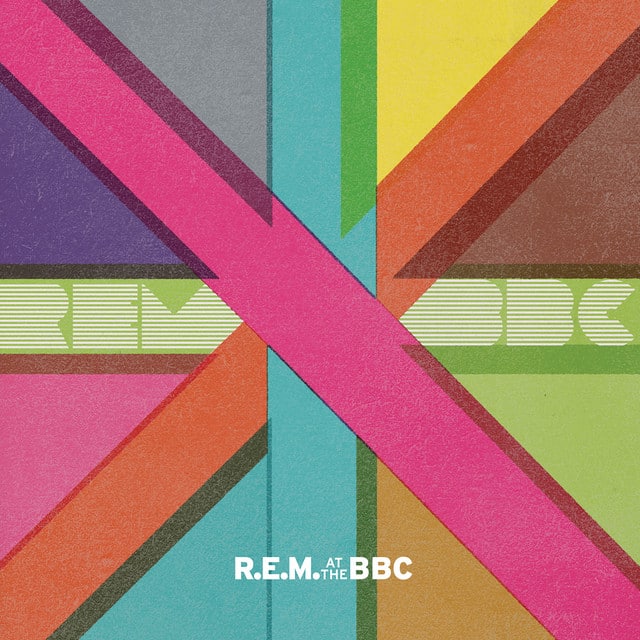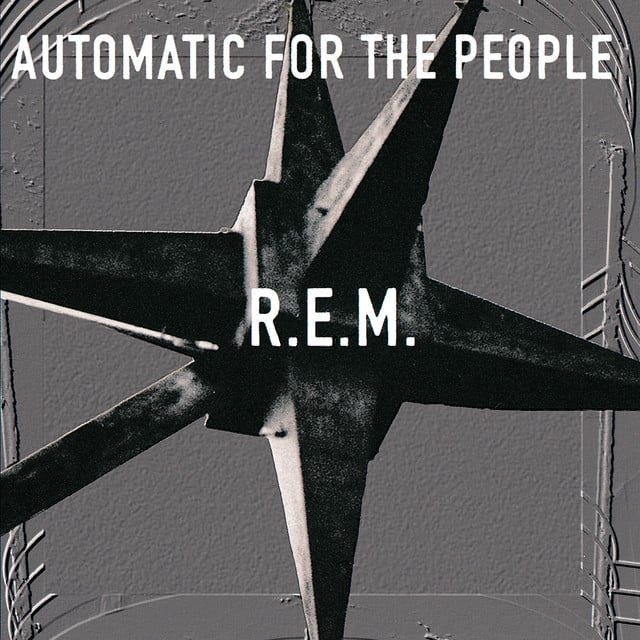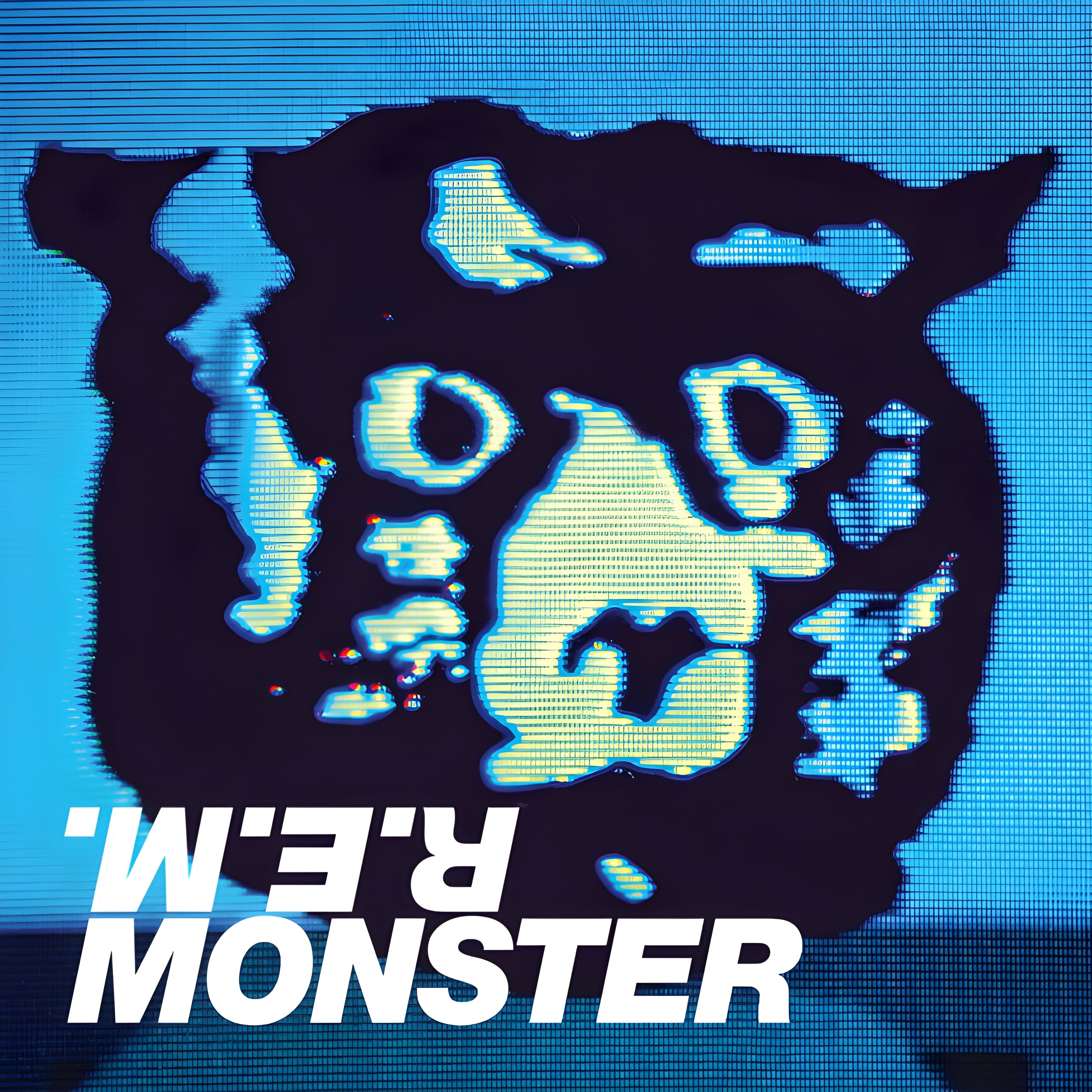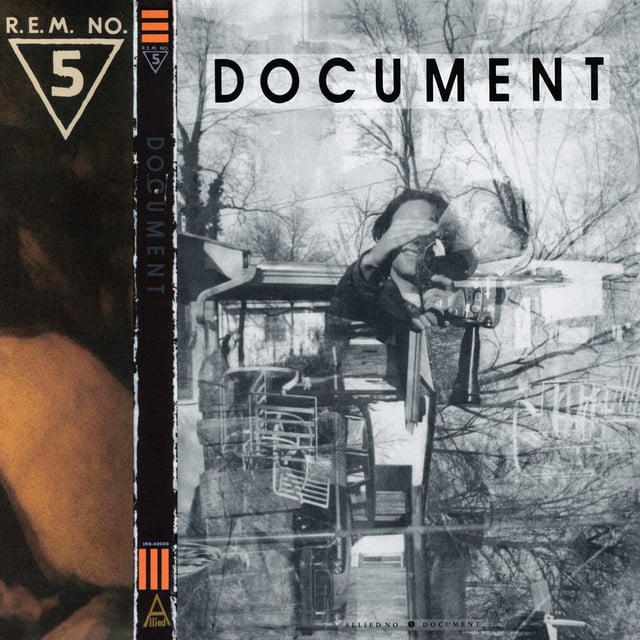Released: 2018
“It’s The End Of The World As We Know It (And I Feel Fine)” by R.E.M., especially this electric performance at the Glastonbury Festival in 1999, captures a paradoxical euphoria at the prospect of apocalypse. This song is a rapid-fire, stream-of-consciousness rollercoaster that paints a vivid, if chaotic, picture of the end times, all while maintaining a bizarrely upbeat tone. The message? Even as the world appears to be collapsing around us, there’s a peculiar comfort in accepting chaos.
The opening lines, “That’s great, it starts with an earthquake, birds and snakes, an aeroplane, Lenny Bruce is not afraid,” set an immediate and bewildering scene. Earthquakes and natural disasters, turmoil from above and below, juxtaposed with the fearless Lenny Bruce, a stand-up comedian known for his open critiques of society. It’s a whirlwind of imagery suggesting that in tumultuous times, courage and humor remain unflinching.
“Eye of a hurricane, listen to yourself churn,” follows, hinting at the self-reflection and inner turmoil such chaotic external events might trigger. The lyrics then move through a litany of chaotic and jarring images, from “wire in a fire, represent the seven games” to “government for hire and a combat site.” It’s not just natural disasters at play here; it’s human-made chaos, political turmoil, and societal recklessness.
Choruses of “It’s the end of the world as we know it, and I feel fine” serve as a mantra throughout. It’s a declaration of resilience, an acknowledgment of the absurdity of finding peace amidst chaos. This recurring sentiment isn’t just resignation; it’s a radical acceptance and a decision to find stability in instability.
The verse “Six o’clock, TV hour, don’t get caught in foreign tower” speaks to the media’s role in the apocalypse narrative, possibly critiquing how news can trap us in a cycle of fear. “Slash and burn, return, listen to yourself churn. Lock him in uniform and book burning, blood letting” vividly describes the acts of violence and suppression that mark eras of upheaval, pushing listeners to find their footing as everything around seems to implode.
The song’s bridge, “The other night I tripped a nice continental drift divide Mount St. Edelite, Leonard Bernstein, Leonid Breshnev, Lenny Bruce and Lester Bangs,” throws in a mix of cultural and historical references, adding layers to the song’s texture. It echoes the randomness and unpredictability of change, wrapping the listener in a dizzying array of images and names that stand out against the backdrop of destruction.
Ultimately, “It’s The End Of The World As We Know It (And I Feel Fine)” is an anthem for the defiantly optimistic, for those who can dance on the precipice of disaster and find a way to say, “I feel fine.” It’s a masterful blend of satire, criticism, and an unyielding celebration of human resilience, all set to an irresistibly catchy tune that has cemented its place in rock history.








